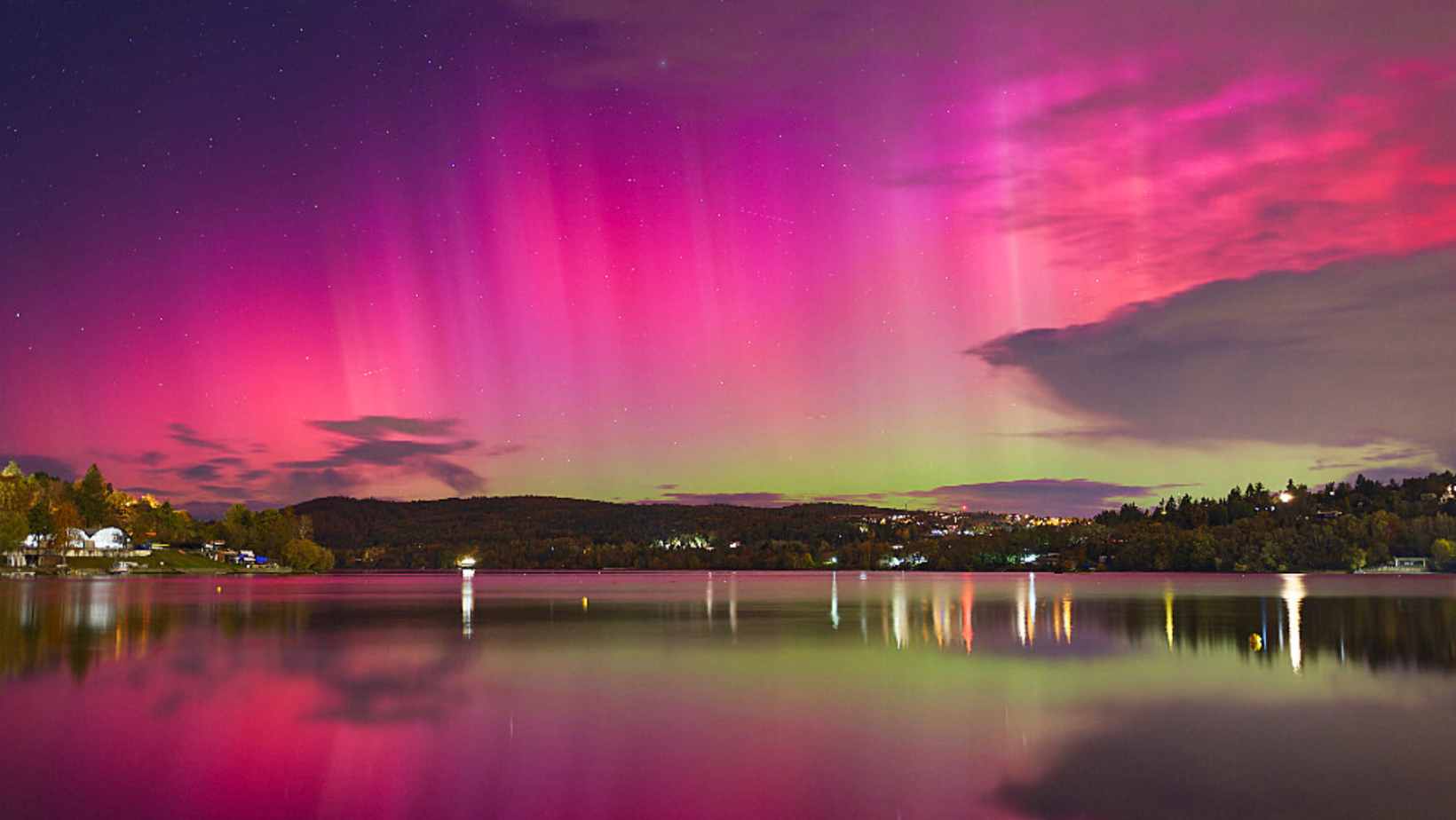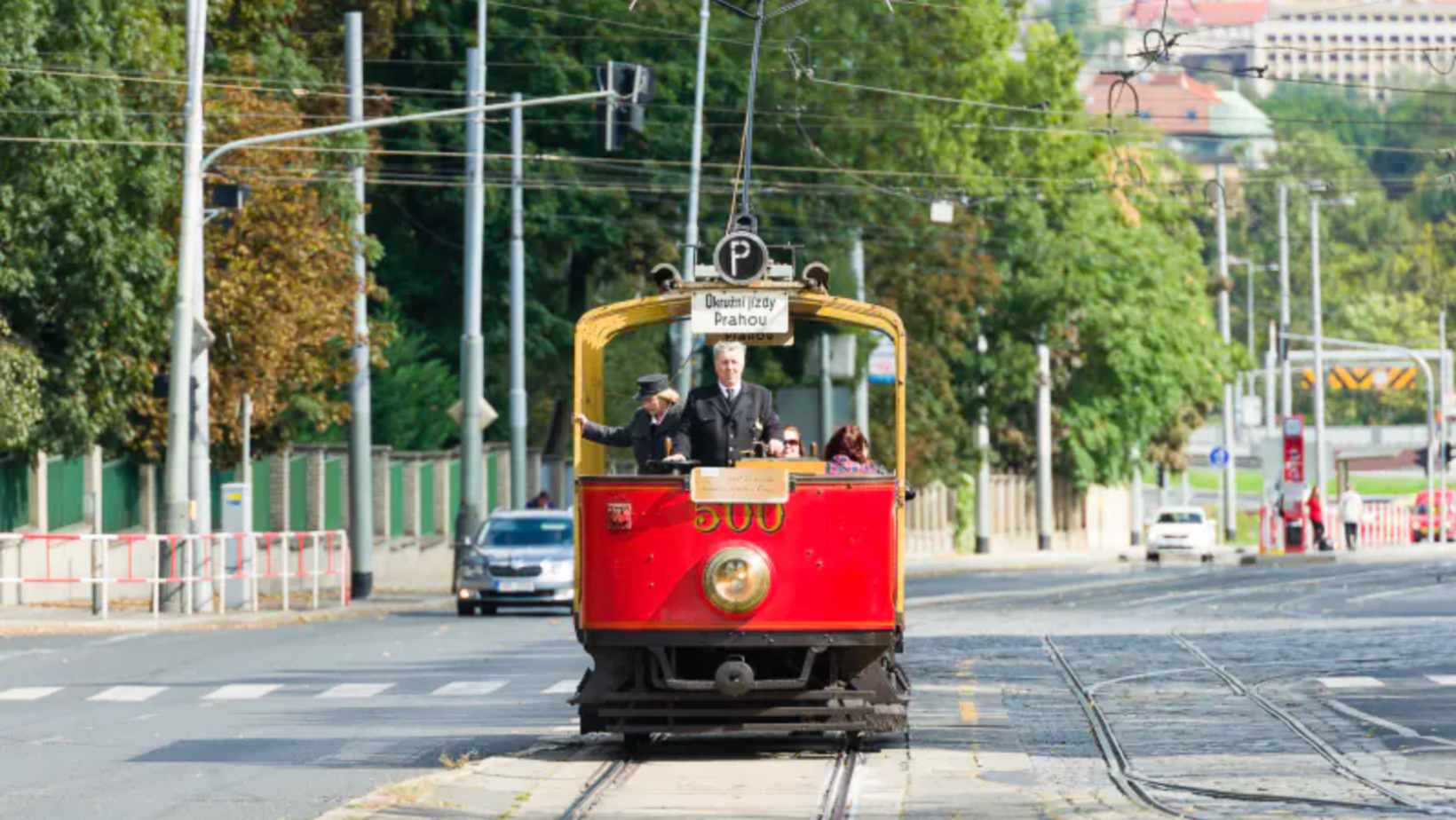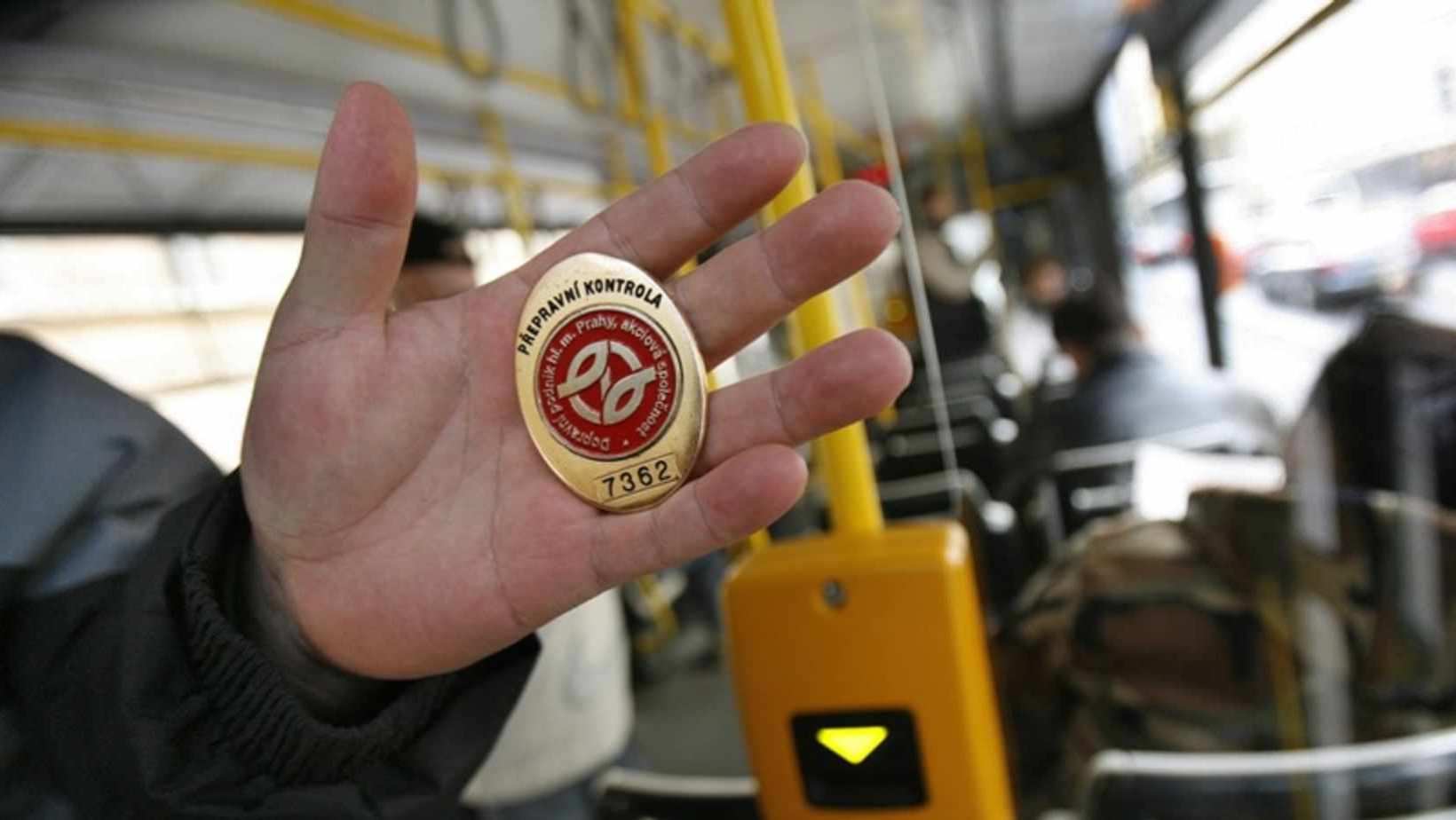The Northern Lights Might Be Visible Again in Czechia
Prague Morning

The Northern Lights could be visible in Czechia in the coming days due to a series of solar flares releasing plasma clouds heading toward Earth, according to astronomer Petr Horálek from the Institute of Physics in Opava.
This rare natural phenomenon was last observed in Czechia in May, when the aurora was the strongest since 2003.
The first wave of plasma clouds is expected to arrive today, although during the day. Horálek noted that geomagnetic activity could continue into the night. Additionally, more flares are occurring on the Sun.
“It is possible that increased geomagnetic activity will persist for the next few days,” Horálek said, though he warned that predicting these phenomena is challenging.
Horálek compared the situation to May, when a series of eruptions caused bright auroras globally, including in Czechia and Slovakia. This time, the eruptions are weaker.
“Scientists do not expect the current solar activity to produce the same intensity of phenomena, but there is still a chance of auroras. Moreover, in the coming days, the moon will recede from the night sky, creating favorable conditions,” he explained.
Plasma clouds from the Sun typically reach Earth in two to three days, making long-term forecasts impossible. For those interested in observing the aurora, Horálek recommends using auroral monitors such as www.solarham.com or www.spaceweatherlive.com, or the mobile app Aurora Alerts.
The Aurora Borealis is one of the most beautiful natural phenomena in the sky, commonly seen in polar regions. In Czechia, they are usually very faint, and inexperienced observers might mistake them for light pollution or reddish glows.
“It’s easy to check if it’s really the aurora borealis using a mobile phone. A photo will show the colors better than the naked eye. Sometimes, the photo will also reveal columns of color, confirming it’s the aurora,” said Jakub Rozehnal, director of Planetum, which runs Prague’s planetarium and observatories.
For the best observation experience, find a spot with an unobstructed view to the north, away from major towns to avoid light pollution.
Would you like us to write about your business? Find out more
-
NEWSLETTER
Subscribe for our daily news









